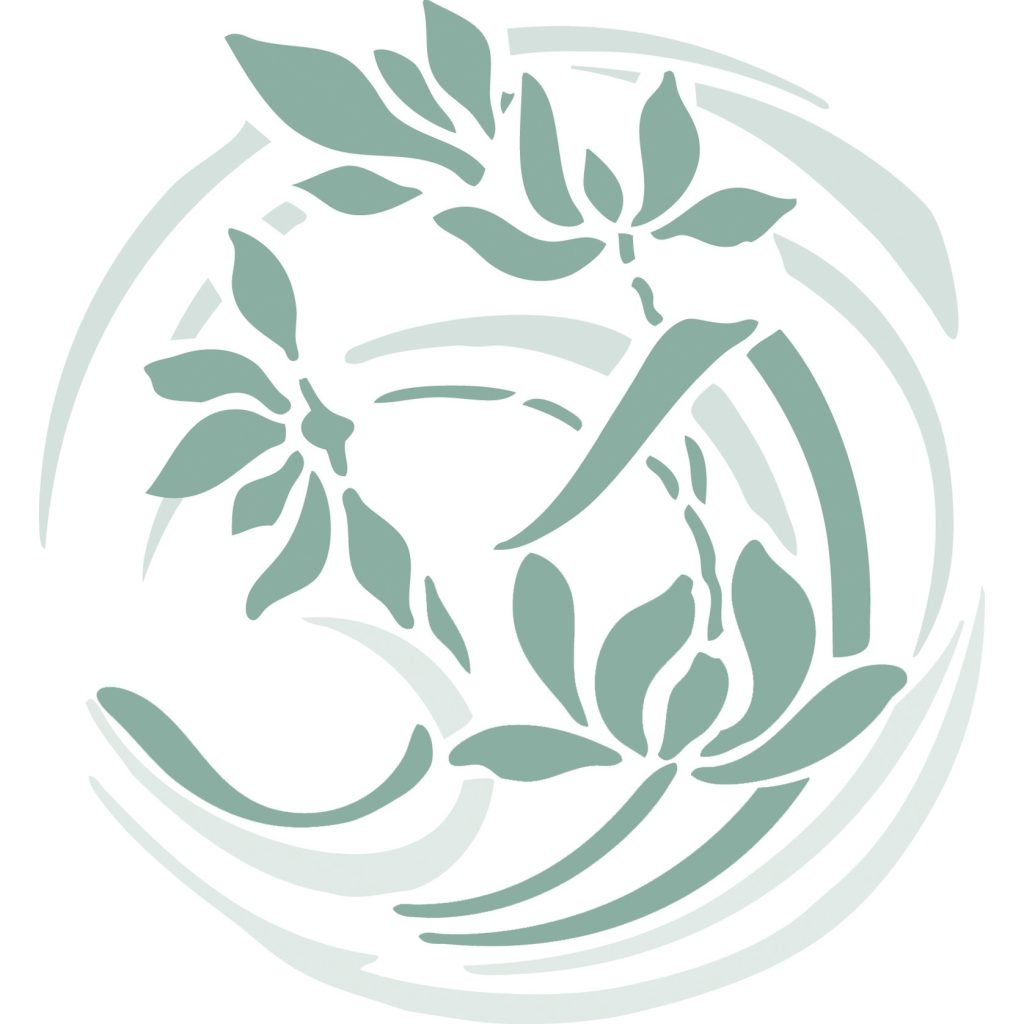Traditional Chinese Medicine
Chinese & Japanese Acupuncture: Two Traditions, One Lineage

Both Japanese and Chinese acupuncture spring from the same classical East Asian medical roots, yet they diverged over centuries into distinct clinical styles. In Japan, techniques evolved toward gentler, highly tactile methods. And in China, the practice of acupuncture tended to emphasize stronger needle sensation and standardized point prescriptions within Traditional Chinese Medicine, also known as TCM. While some have their preferences, neither is “better” than the other. The right choice often depends on the patient’s condition, sensitivity, and their goals. continue reading
What is Five Element Acupuncture?

Five Element Acupuncture is a classical style of East Asian medicine that organizes diagnosis and treatment around the dynamic interplay of five phases/elements: Wood, Fire, Earth, Metal, and Water. Each element is associated (in this framework) with organ networks, emotions, sensory patterns, and seasonal cycles. Treatment aims to restore harmony among these elements when one becomes predominant or deficient. continue reading
Stillness in Motion: The Healing Power of Qi Gong at Home

Life can seem overwhelming and unmanageable at times. Everyone is looking for the secret self-care miracle that helps us cope. What may have been a desperate Google search for “natural anxiety relief” has become a daily anchor; the secret to staying calm, focused, and physically energized.
A growing number of people are turning to Qi Gong, an ancient Chinese mind-body practice, for its healing benefits. And more importantly, they are practicing it at home, making wellness a simple part of daily life without special equipment, gym memberships, or medication. continue reading
Pinpointing Migraine Relief with Acupuncture

According to the CDC, in the United States, over 15 percent of all adults complain about severe headaches or migraines, with prevalence among women more than twice as high as among men. In 2021, 4.3% of adults aged ≥18 years reported being bothered a lot by headache or migraine in the past 3 months, with a higher percentage among women (6.2%) than men (2.2%).
Treatment options include medication that can often leave sufferers feeling groggy and unlike themselves for hours after taking it. Many people are looking for a drug-free way to combat the root cause of migraines and they’re finding it with acupuncture. Let’s look at how acupuncture can truly provide relief to those suffering from chronic migraines. continue reading
Unlocking the Basics of Acupuncture: Understanding Qi, Blood, Yin & Yang

If you’ve been thinking about trying acupuncture but aren’t sure what to expect, this article just might be the best place to start. Let’s explore the basic concepts that form the foundation of acupuncture, including the nature of Qi, Blood, Yin, and Yang, and how these elements influence health and healing. continue reading


